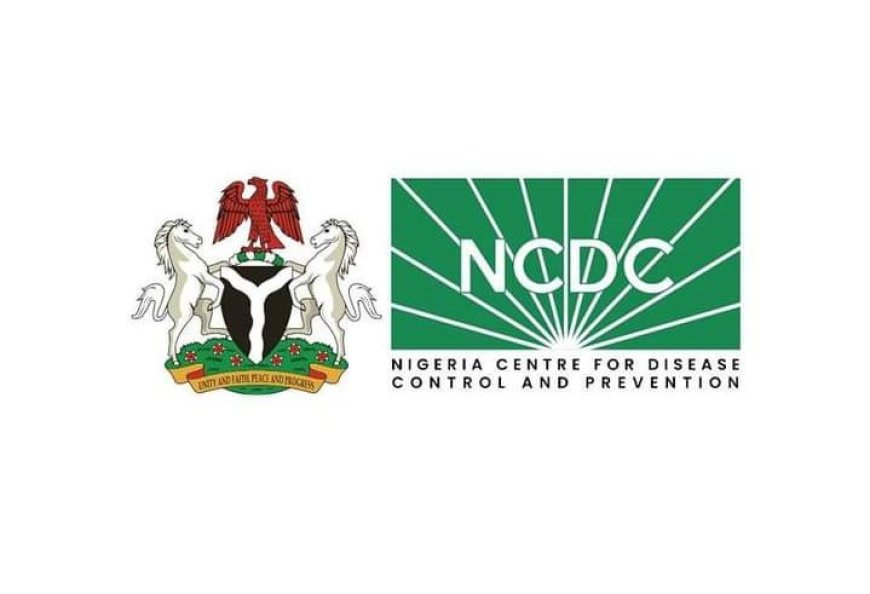NCDC issues health advisory on Chikungunya amid global outbreak

The Nigeria Centre for Disease Control and Prevention has issued a public health advisory on Chikungunya, a mosquito-borne viral disease currently spreading across multiple countries.
The health agency also advised Nigerians to remain vigilant despite no confirmed cases in the country this year.
The advisory, issued on Friday via the agency’s X handle, followed reports from the World Health Organisation and the European Centre for Disease Prevention and Control indicating that more than 240,000 cases and 90 deaths have been recorded in at least 16 countries in 2025.
China alone has reported nearly 5,000 cases since July, with Guangdong Province accounting for about 3,000 cases in one week.
Chikungunya is transmitted primarily by Aedes aegypti and Aedes albopictus mosquitoes — the same vectors responsible for Yellow Fever and Dengue. Unlike malaria-causing mosquitoes, Aedes mosquitoes bite during the day, especially in the early morning and late afternoon,” the NCDC explained.
It described symptoms as “sudden fever, severe joint pain, muscle pain, headache, nausea, fatigue, and rash,” noting that while the disease is rarely fatal, “it can cause prolonged joint pain that may last for months, affecting quality of life.”
The NCDC said that although Nigeria has not recorded any case this year, “ongoing flooding and favourable mosquito breeding conditions, especially in high-risk states, increase the likelihood of outbreaks of Chikungunya, Yellow Fever, and Dengue.”
It urged Nigerians to protect themselves by sleeping under insecticide-treated mosquito nets, wearing long-sleeved clothing and trousers, applying mosquito repellent on exposed skin in the morning and late afternoon, and keeping their surroundings clean by eliminating stagnant water.
It also advises the public to seek immediate medical attention if they develop fever, rash, or joint pain.
“We are working with state governments, tertiary institution laboratories, and the National Arbovirus and Vector Research Centre in Enugu to strengthen surveillance, early detection, and rapid response systems.
“We are also intensifying public awareness campaigns and collaborating with health, environmental, and climate sectors under the One Health approach.
“With increased global transmission and Nigeria’s environmental risk factors, it is critical for everyone to act now to prevent mosquito-borne illnesses,” it added.
Cupped from Punch.

 admin
admin 


